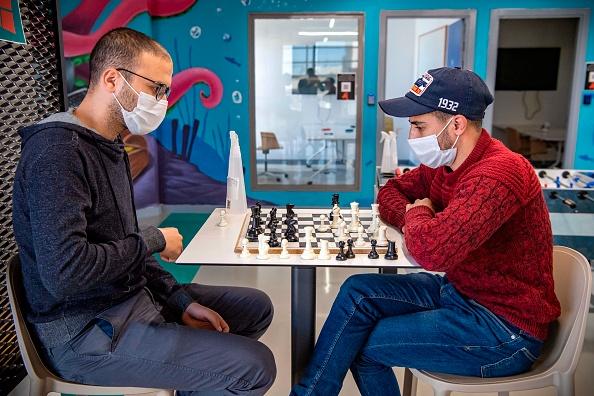A study of an international chess tournament has revealed that wearing a face mask significantly reduced the average quality of player decisions, impacting the cognitive performance of competitive chess players.
Australian chess Grandmaster and University of Queensland Prof. David Smerdon analysed almost three million chess moves played by 8,531 people in 18 countries before and during the COVID-19 pandemic.





